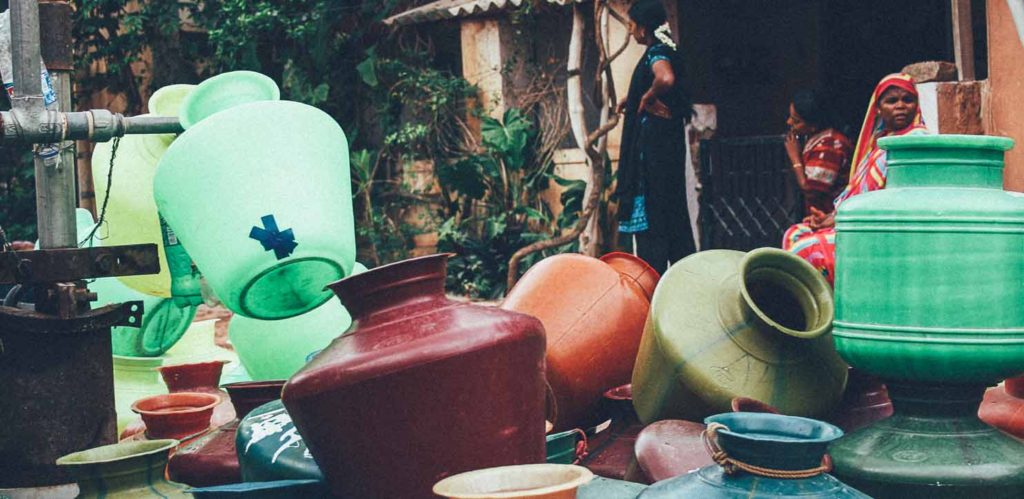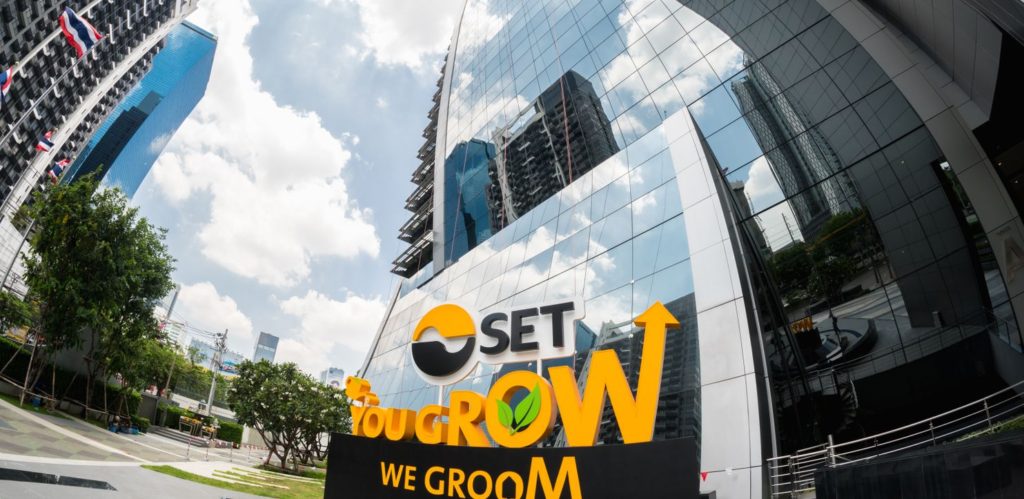-
Out of 50 of the largest Thai companies, more than half have disclosed their environmental and social performance for the year 2016. Many of them exhibit excellent reporting practices for policies, management systems, global coverage, quantitative data and, target-setting.
-
Large companies are prioritizing the disclosure of environmental indicators at the expense of social performance metrics. As a result, community development strategies have the lowest reporting rate among social and environmental indicators.
Amongst 50 of the largest companies in Thailand, 64% published an official sustainability report for the year 2016 using the latest GRI guidelines. 36% of companies published independent financial reports, which included the disclosure of several sustainability indicators such as rates of workplace injury, the ratio of male to female employees in the corporate management board and the adoption of a human rights policy.
In respect of environmental performance, 53% of companies are incorporating important environmental indicators that measure emissions, energy and waste. Corporate commitment to social performance (health and safety, workforce, human rights and community strategy) has a slightly lower disclosure rate with around 50% of companies reporting in these areas.
In the area of environmental practices, Thai companies are demonstrating their commitment not only through quantitative disclosure but also through their management policies and targets. Kasikorn Bank (KBank), for example, aims to reduce their operational emissions by 20 – 25% (based on 2012 baseline) by 2020. A chief Environmental Officer was appointed to oversee environmental projects. The target is the bank’s strategic support to Thai government’s pledge in 21st Conference of the Parties (COP) of reducing GHG emissions by 20-25% by 2030. First milestone in a 5-year road map was achieved in 2016 when the Kasikorn Business Technology Group premises was certified by the United States Green Building Council.
Industries like energy and utilities, construction, food & beverage, chemicals and financial firms tend to outperform companies in the health and transportation and logistics sector. In fact, most large Thai banks are activating their role in the battle of climate change by financing renewable energy projects. Healthcare companies, in contrast, have shown slow uptake in sustainability reporting. World Health Organization revealed that 15% of waste and by-product that healthcare companies generate are considered hazardous material. As they may be infectious, toxic or radioactive, medical waste disposal needs special treatment. However, waste disposal and other environmental practices from the largest Thai healthcare companies were not disclosed.
In terms of social issues, reporting in human rights and health and safety policies ranges across different industries with a high disclosure rate of 55%. The regulation of occupational health and safety is addressed by local laws. International guidelines such as the UN Global Compact are used by companies as a benchmark to establish human right policies. To close the gap between policies and implementation, some companies are assessing their human rights practices; PTT, state-owned oil and gas company for example, demonstrated a good practice of human rights due diligence. The company identified 21 out of 65 of its operational sites in 23 countries as high risk areas through its human rights monitoring program in 2015-2016. Human Rights Management System was, therefore, reformed to cover human rights risks from 6 stakeholder groups: labor, community, supply chain management, security, safety & environment, and customer & consumer.
Turnover indicator and gender diversity indicators share equally low reporting rates (41%), followed by community development strategies. Most large Thai companies in Thailand do implement community development programs but only 23 out of these 50 firms disclose their CSR budget and refer to a holistic strategy that aligns with their core business; Advanced Info Service (AIS) is one of the few. Their community and society management approach deploys digital infrastructure to improve people’s well being and supports the “Thai policy 4.0” in driving the economic growth through innovation. For example, many Thai farmers can now focus on production as access to the market becomes easier with the “Farmhug” application developed by AIS.
To summarise, the majority of large companies in Thailand have covered environmental and social issues in depth and demonstrated a high standard in sustainability reporting. It comes as no surprise that the Thai Stock Exchange is the only Asian stock market to be ranked by Corporate Knights as one of top 10 for the highest disclosure rate of 7 quantitative sustainability performance indicators. The Thai companies researched in this article has been updated by ASEANUP in 2016, with 14 of them being listed in the world’s prestigious Dow Jones Sustainability Indices (DJSI).
While this is a notable achievement, there are still many companies that are not disclosing on reliable and insightful information. Stock Exchange Thailand (SET) has played a critical leadership role in establishing a sustainability reporting culture for Thai companies. Having said that, there is still a lot that needs to be done by private sectors. To investigate good case practices from SET and its plans to advance the sustainability performance of Thai companies, Sustainable Square was fortunate enough to speak with Nareerat Santhayati – Deputy Vice President, Sustainability of SET in an interview about its initiatives and plan to promote the uptake of sustainability reporting.


